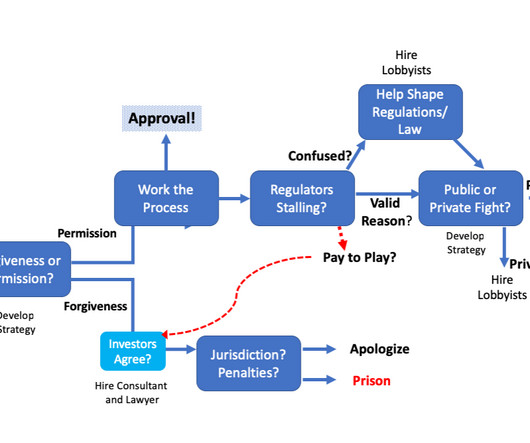Is a Venture Studio Right for You?
Steve Blank
JANUARY 17, 2023
Three types of organizations – Incubators, Accelerators and Venture Studios – have emerged to reduce the risk of early-stage startup failure by helping teams find product/market fit and raise initial capital. They do the most to de-risk the early stages of a startup. I pointed out that there were.
























Let's personalize your content